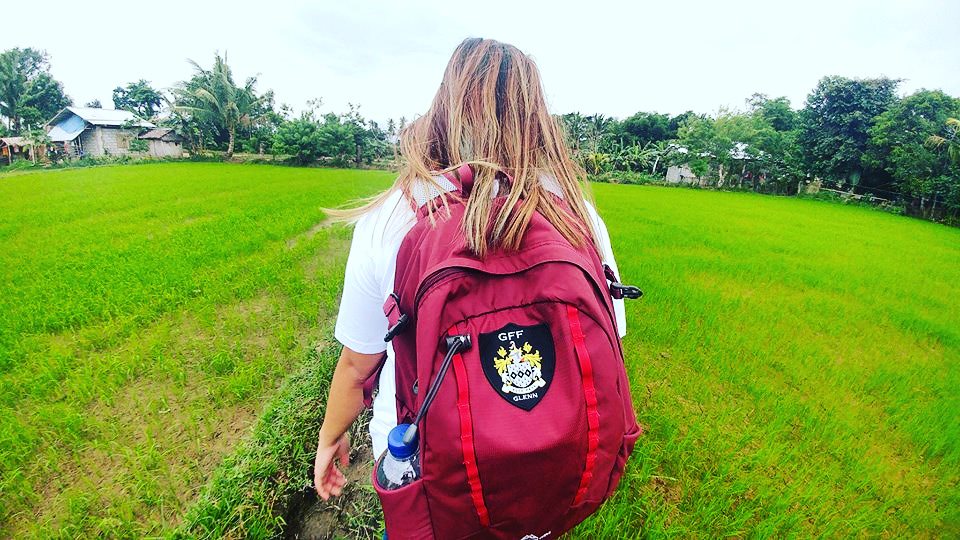Equipped with the valuable experience and feedback from our first GFF Representatives and the important lessons learned, we enter 2019 ready to scale up our operations and deepen our work.
This year we are expanding into China, Fiji and possibly Sri Lanka, however our main focus will be on strengthening HELPS in our current locations – India, Nepal, Vietnam and Philippines. In these areas we are adding more human and financial resources and scaling up projects that have shown initial promise. Partnership formation will remain a key focus for the year, however we will be implementing projects more independently where we can.
We will see the deployment of an additional 21 Representatives, excluding the three that will remain from the first term, and almost half of those will be recruited from project locations. Locally-recruited Representatives have the advantage of knowing the local language, understanding the local context and enabling better project sustainability. Over the following three years we will aim to extend further into the Asia-Pacific region and increase our annual intake of GFF Representatives to 35 and 50 in 2020 and 2021 respectively, with the majority of those being recruited from the countries we operate in.
On the programmatic front we are scaling back on larger scale infrastructure projects like solar and sanitation in favour of educational and health related work, with the exception of Digital Learning and small scale solar roll outs where we see a good fit.
Core projects for 2019 include:
- Digital Learning: enabling rural, resource-poor schools to benefit from freely available content to supplement their education through the provision of tablets and training
- Reading Workshops and Mobile Libraries
- Village Solar: installing solar power in rural, off-grid households in small villages
- Environmental Protection: initiatives such as recycling workshops and equipment, awareness workshops and clean ups
- Health and Hygiene: hygiene workshops, First Aid training
- GFF scholarships: sponsoring children from poor families and giving them additional educational support
- Adult literacy and economic empowerment: teaching rural women basic literacy and basic business skills in collaboration with Child Development Society
- Career and University preparation
- Teaching and tutoring: computers, maths, English, communication skills, presentation skills
We have allowed a certain amount of spontaneity in this formative phase of the HELPS programme; most projects have evolved based on expressed needs of the community and local partners, testing to see what works and what doesn’t, and a bit of intuition. There is always a tension between trying many different projects on the one hand, and focusing all energy on just a few. We are managing this tension by keeping a close ear to the ground, getting feedback and involving beneficiaries wherever possible, and building monitoring into projects as early as possible. This will help us to ensure our work is relevant, useful and geared to make a significant future impact.
Thank you to the dedicated team of GFF staff, Founder, Representatives and supporters that will get us there.
GFF Team.

